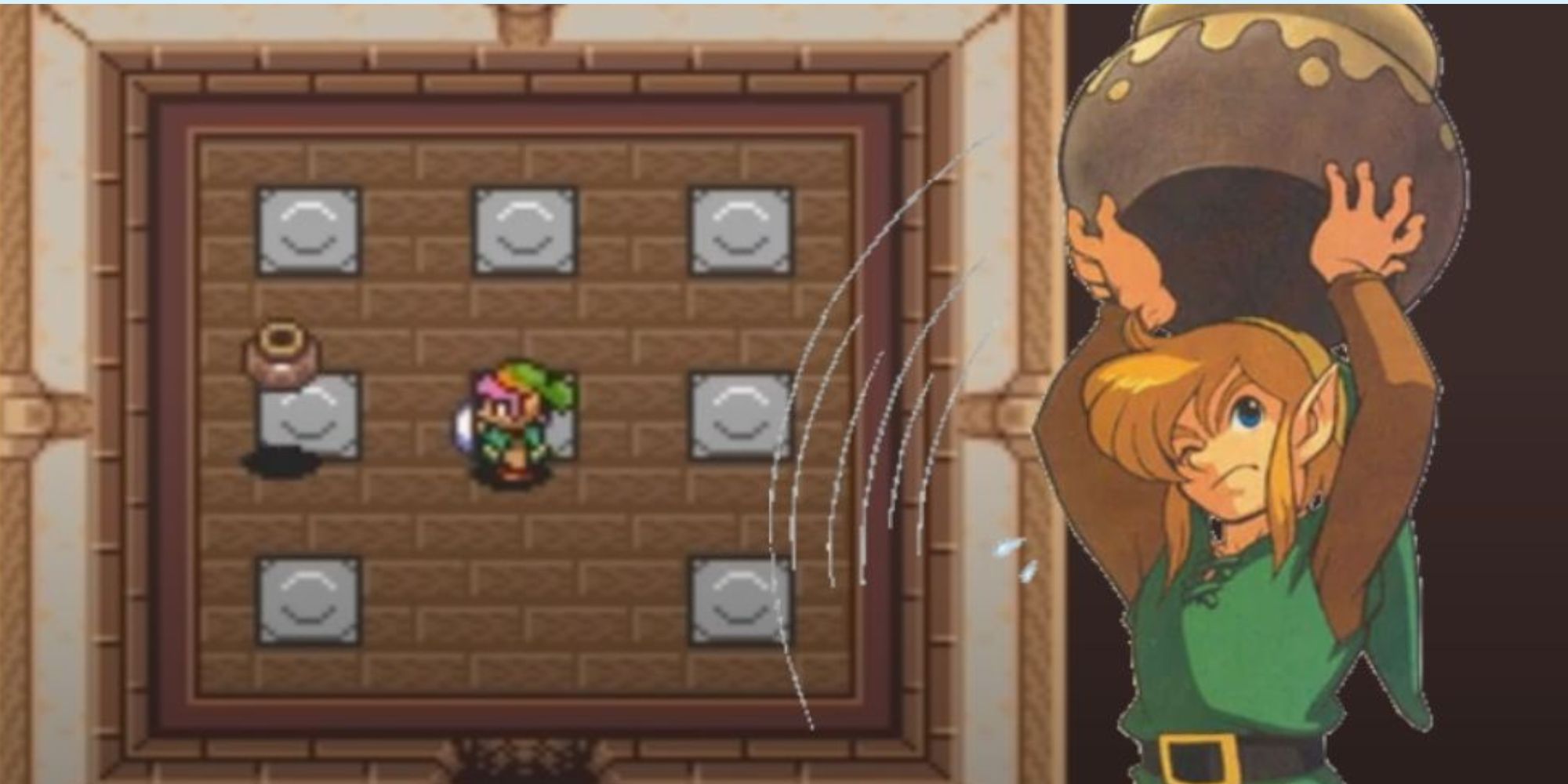The emulation scene seems more vibrant than ever with interest in older games growing as an increasing number of specialist consoles and retro handhelds come out every season. Emulation for Sony's handhelds remains strong while there is a wave of dedicated coders who are taking on the challenge of reverse engineering classic titles.
It is a real intellectual pursuit and some like the challenge of trying to completely reverse engineer a game, while there are benefits to it over mere emulation. While emulation depends on a computer assuming the technical aspects of an old console and running games that have been coded for that machine, a reverse-engineered port will run on the computer natively and allow for the addition of goodies like graphical boosts and even mods.
A recent game to be reverse engineered is 1991 classic The Legend of Zelda: A Link to the Past (Nintendo Life via Kotaku). The Super Nintendo title has been re-released on the likes of the Game Boy Advance and Nintendo Switch Online and is one of the highlights in the Zelda back catalogue. Below is footage of the original game running on a PC emulator compared to the reverse engineered PC "port".
The port was no small feat, with Nintendo Life reporting that it took a team of 20 people to complete it under the stewardship of xander-haj. But there was a lot of code to work through, and remember this is a 32-year-old game, with the team going through 70-80,000 lines of code.
With this careful work the team has managed to make a bunch of improvements: "key enhancements have been added, such as faster transition times, speedier text, widescreen support, pixel shaders, and a more detailed overworld map." But that's not all, there's a secondary item slot that's been added, so players of this port will be able to switch between two items "on the fly" without having to go into the inventory screen. It's why a port of this kind can benefit both performance and gameplay.
Now this kind of reverse engineering remains somewhat legally contentious as a company like Nintendo might contend that its assets are being used. However, reverse engineering in itself is not illegal and those behind such projects argue that they are simply providing the code while requiring players to get the assets from a ROM themselves. But this doesn't stop companies from Nintendo to Rockstar trying to take down such projects, with the likes of Grand Theft Auto and Ocarina of Time having previously received such treatment. But perhaps this one won't face such injunctions.

